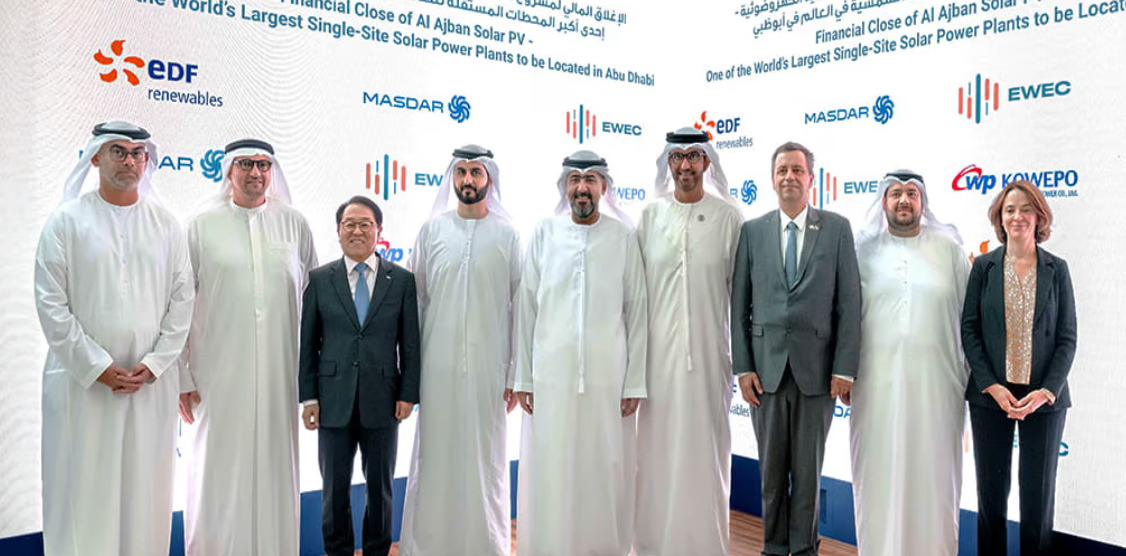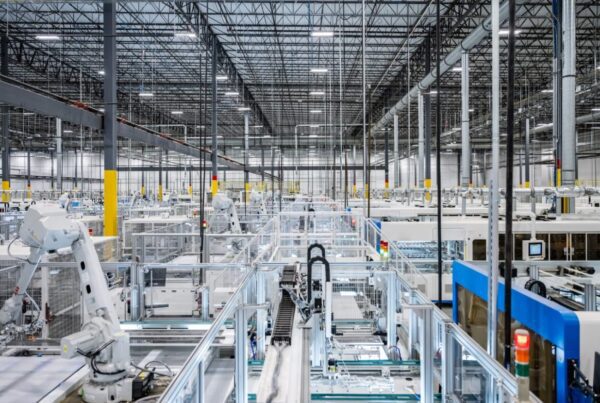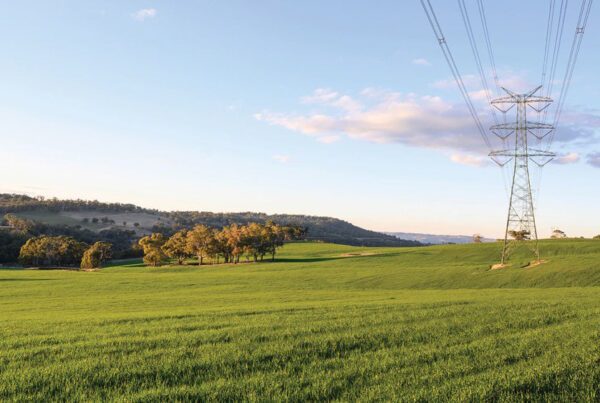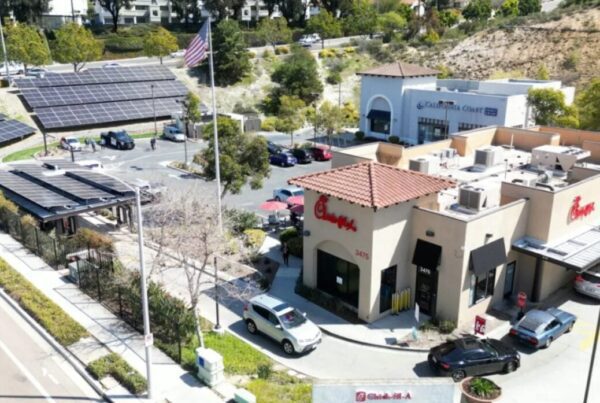
“Partnerships are vital to the energy transition and to achieving the objective of tripling global renewable capacity by 2030 set out in the UAE Consensus,” said Masdar CEO Mohamed Jameel Al Ramahi, referring to the world’s goal of reaching net zero emissions by 2050, as agreed at the COP28 summit, held in the UAE.
“With the development of Al Ajban, Abu Dhabi is home to three of the largest single-site solar plants in the world, making it a global leader in the adoption of utility-scale solar power.”
The facility is jointly owned by the three companies, with EDF Renewables and KOWEPO each owning 20%, and Masdar owning the remaining 60%. The companies have signed a 30-year power purchase agreement (PPA) with the Emirates Water and Electricity Company (EWEC), after EWEC selected them to develop the project earlier this year.
The project is one of the largest solar developments in the world, and once fully commissioned in the third quarter of 2026, around three million bifacial PV panels will be in operation. The UAE currently has around 5.9GW of solar power generation capacity in operation, and aims to have 14GW of renewable power capacity in place by the end of the decade.
However, the UAE has work to do to fully decarbonise its power sector. While the UAE government notes that the share of clean energy in the country’s energy mix expanded by 70% between 2022 and 2023, fossil fuels accounted for 83% of the country’s energy mix in 2023, and its per capita emissions were five times higher than the global average, according to Ember Climate. In the long-term, the government is aiming for renewable power to account for 44% of its energy mix by 2050.






